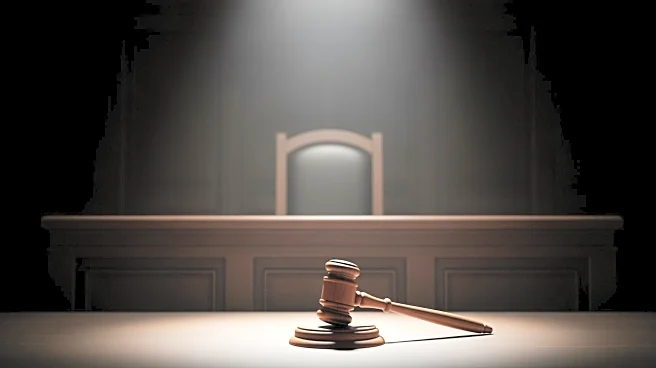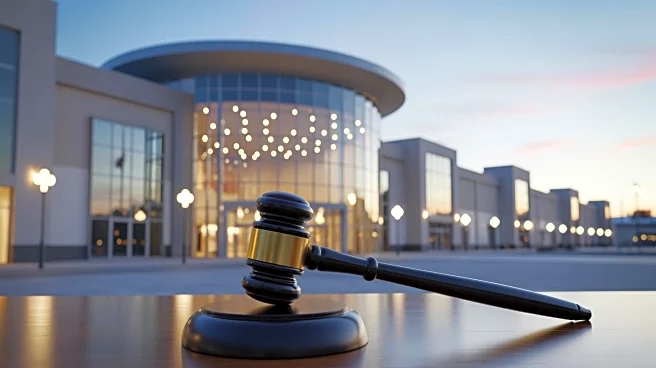What's Happening?
During the vetting process for Ghana's Chief Justice, Justice Paul Baffoe-Bonnie, a Supreme Court judge allegedly threatened Jerry Ahmed Shaib, the Deputy Minority Whip and Member of Parliament for Weija-Gbawe. The threat was reported by Alexander Kwamena
Afenyo-Markin, the Minority Leader in Parliament, who stated that the judge referred to Shaib as his 'nemesis.' Despite the seriousness of the allegation, the Minority caucus decided not to pursue the matter further. Afenyo-Markin, speaking on Movement TV, expressed his lack of intimidation by political threats, including those suggesting the potential collapse of his businesses due to his political stance.
Why It's Important?
The alleged threat against Jerry Ahmed Shaib highlights concerns about judicial impartiality and political influence within Ghana's legal system. Such incidents can undermine public confidence in the judiciary and raise questions about the independence of legal proceedings. For political figures like Afenyo-Markin, these threats could impact their ability to operate freely and advocate for their constituents without fear of retribution. The situation underscores the need for transparency and accountability in the vetting process of high-ranking judicial officials, which is crucial for maintaining the integrity of democratic institutions.
What's Next?
While the Minority caucus has chosen not to escalate the issue, the incident may prompt discussions about the conduct and accountability of judges in Ghana. Political leaders and civil society groups might call for reforms to ensure that the judiciary remains independent and free from political interference. Additionally, there could be increased scrutiny on the vetting process for judicial appointments to prevent similar occurrences in the future.
Beyond the Headlines
The threat against Jerry Ahmed Shaib could have broader implications for the political climate in Ghana, potentially affecting the relationship between the judiciary and legislative branches. It may also influence public perception of the judiciary's role in political matters, leading to calls for greater oversight and reforms to safeguard judicial independence.















